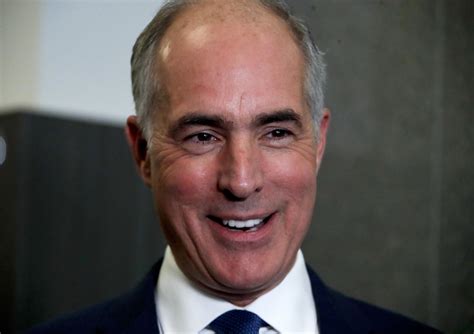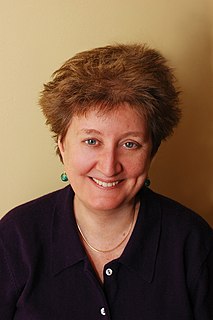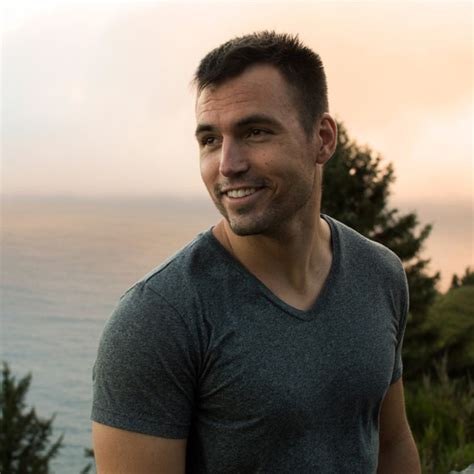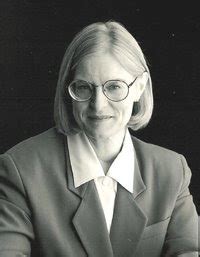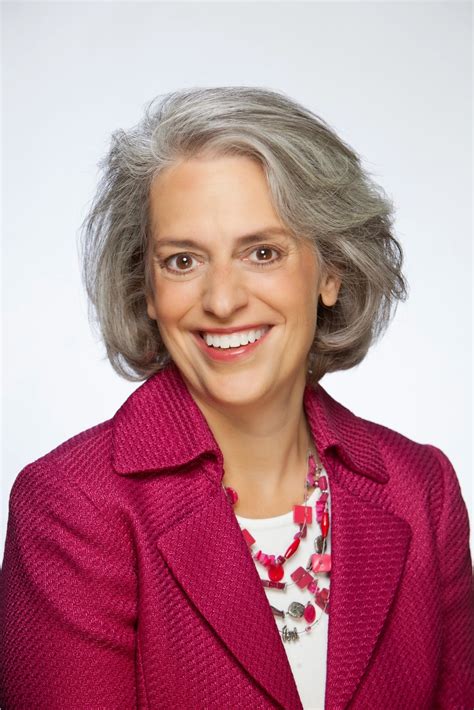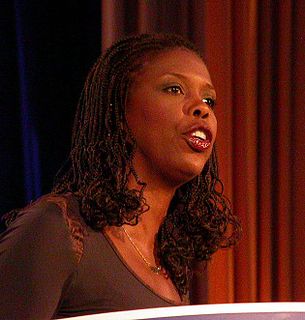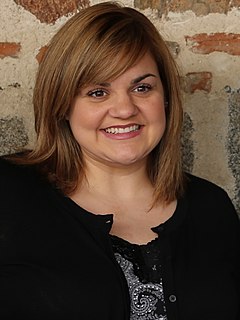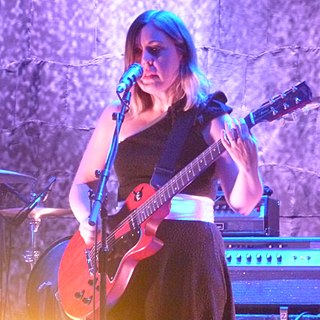A Quote by Robert Casey
We have had virtually unlimited access to abortion for nearly twenty years. Yet during that same period, more and more women and children have slipped into poverty.
Related Quotes
In those same 10 years, women are getting more and more of the graduate degrees, more and more of the undergraduate degrees, and it's translating into more women in entry-level jobs, even more women in lower-level management. But there's absolutely been no progress at the top. You can't explain away 10 years. Ten years of no progress is no progress.
By abortion the Mother does not learn to love, but kills her own child to solve her problems. And, by abortion, that father is told that he does not have to take any responsibility at all for the child he has brought into the world. The father is likely to put other women to the same trouble. So abortion leads to more abortion.
Since 'Pro: Reclaiming Abortion Rights' came out, I've done a fair amount of public speaking, and the two statistics that always make the audience sit up are that nearly one in three women will have had at least one abortion by menopause and 61 percent of women who have abortions are already mothers.
As I looked more carefully at the listening matrix I saw that during the past twenty years we had taken a magnifying glass to the first of these four quadrants, the female experience of powerlessness. I saw I was subconsciously making a false assumption: The more deeply I understood women's experience of powerlessness, the more I assumed men had the power women did not have. In fact, what I was understanding was the female experience of male power.
Pro-choice and pro-life activists live in different worlds, and the scope of their lives, as both adults and children, fortifies them in their belief that their own views on abortion are the more correct, the more moral, and more reasonable. When added to this is the fact that should 'the other side' win, one group of women will see the very real devaluation of their lives and life resources, it is not surprising that the abortion debate has generated so much heat and so little light.
Liberals cling to the idea that critics of welfare are motivated by greed or callous disregard for the less fortunate. In fact, during the twenty-five years that followed Lyndon Johnson's declaration of war on poverty, U.S. tax payers spent $3 trillion providing every conceivable support for the poor, the elderly, and the infirm. Private foundations spent scores of billions more, and private and religious charities even more. Nevertheless, as Ronald Raegan later quipped, 'in the war on poverty, poverty won.'
The idea of equality is misunderstood. I wouldn't ever argue that everyone is the same, but that differences should not be hierarchical. Attitudes and expectations have been imposed on both men and women. For instance, men had very little to do with the raising of their children before the women's movement. The women's movement has freed men to become more active as fathers. We're living in a period of transition, but change can be much slower than we want, with unintended consequences, and can also be happening without our seeing it.
Abortion destroys self-worth and dignity. I bought into the idea that abortion was simply a matter of choice. I used abortion as birth control until after my fourth abortion. I felt inside that this action has to be wrong. I wish I had given more thought to the abortions I had. If just one person had said, 'Star, what you're doing is wrong,' it might have changed the destiny of my life.
